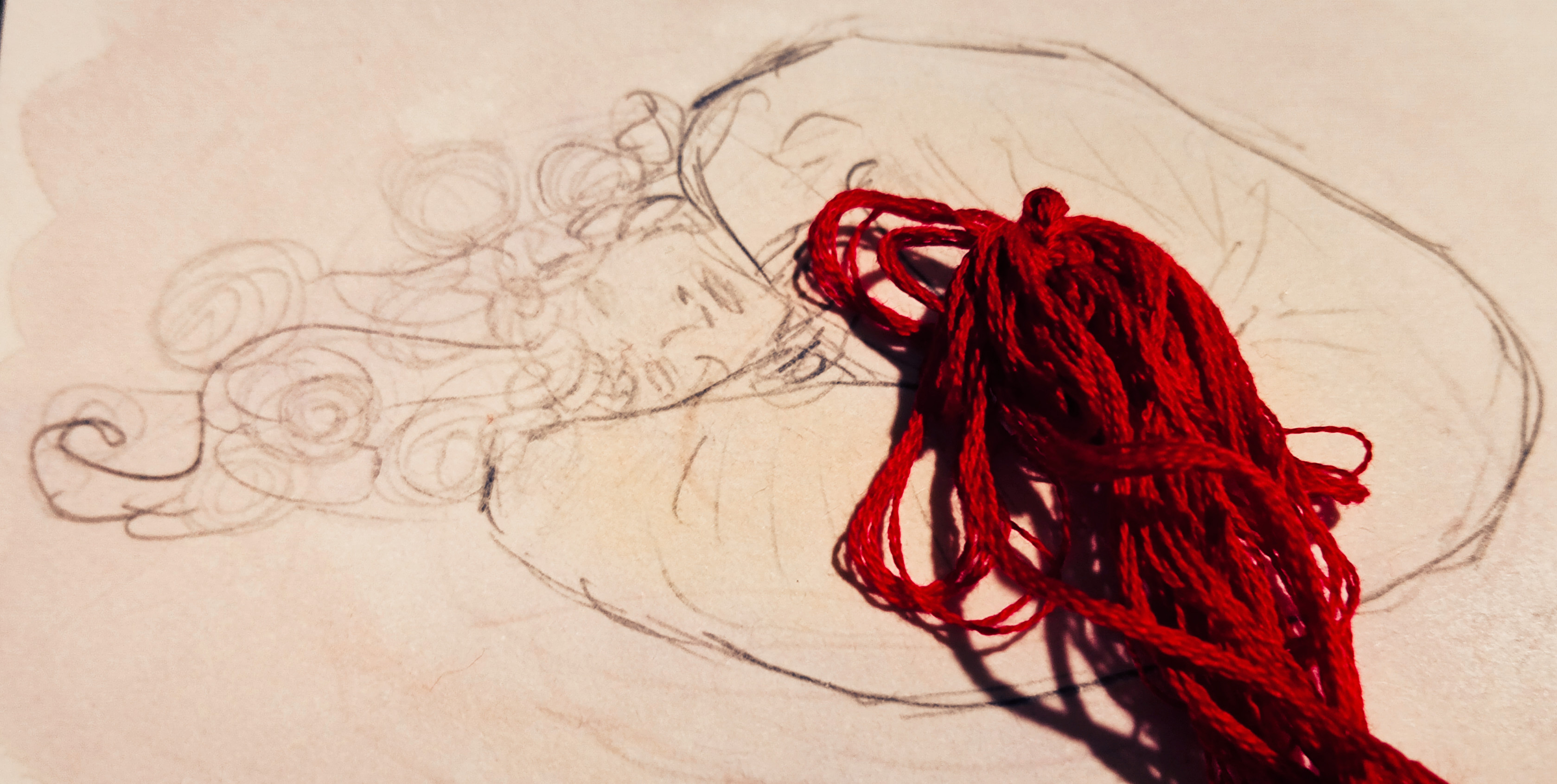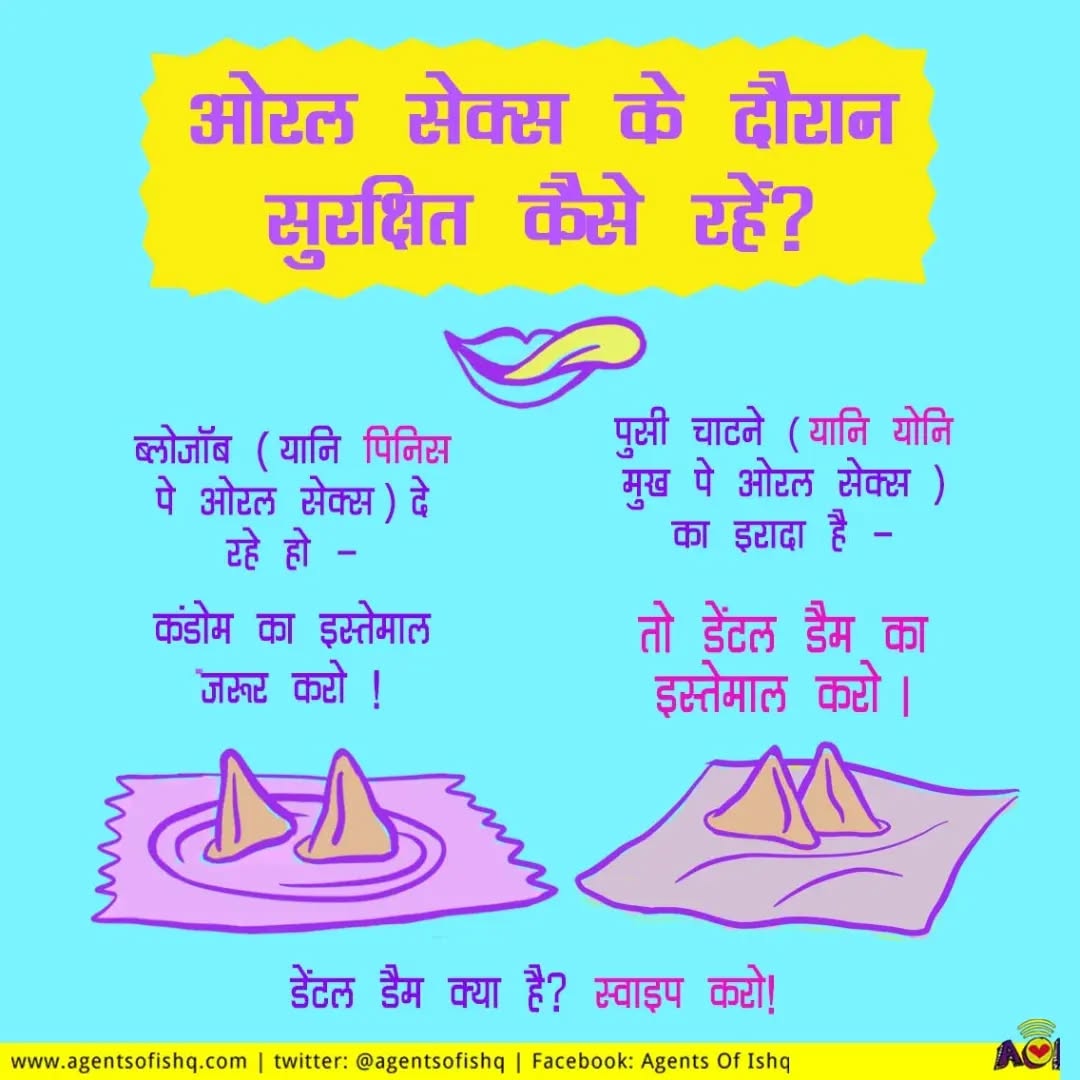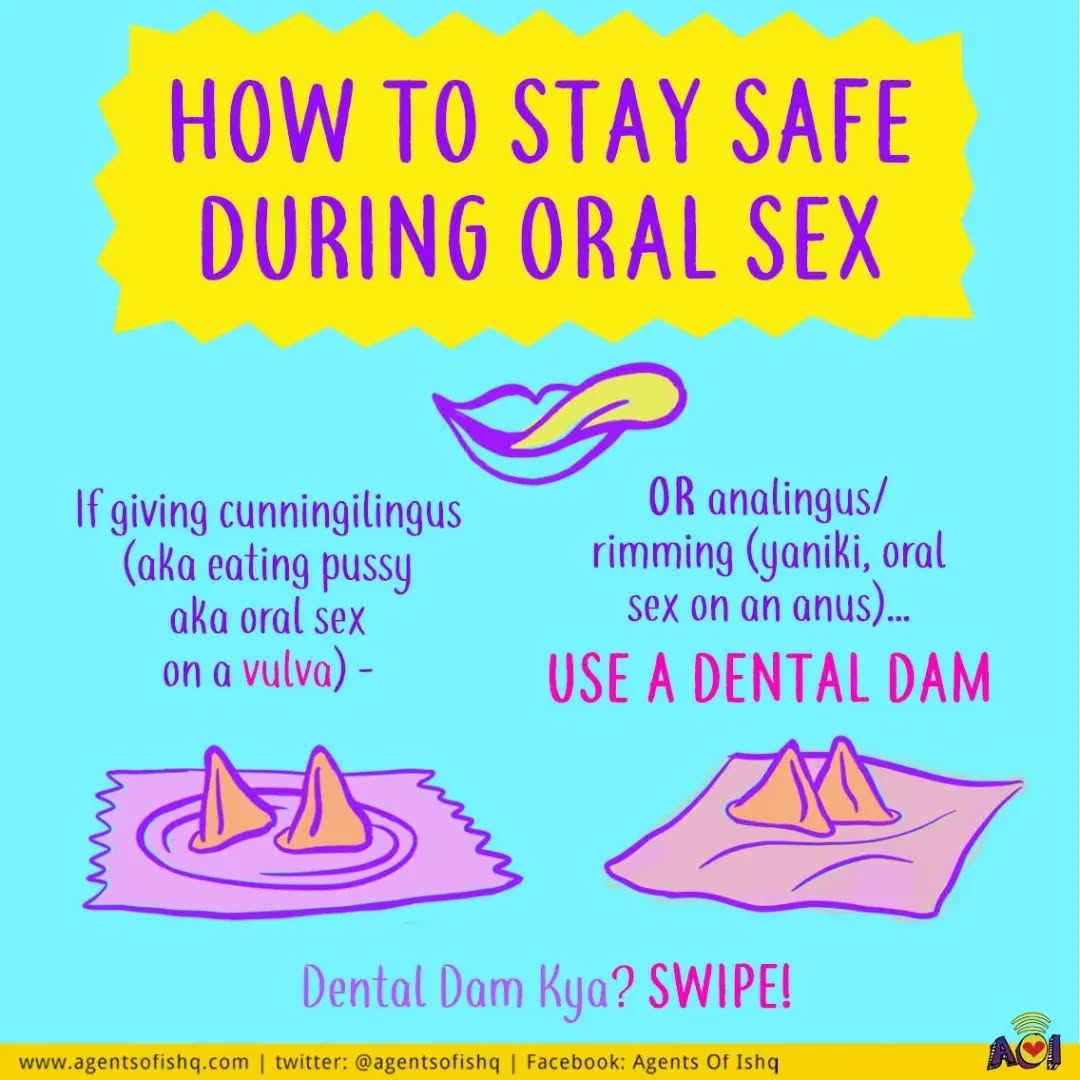I have been bleeding every month for the past twelve years, and the ordeal has only grown more harrowing over time. The first time I bled, it was a murky brownish discharge. I had feared that I had soiled myself and washed it quickly without telling anyone. But soon after, I remembered that since it was also the year when most of my other classmates got their period, there was a good chance that I had too. Moreover, mummy had said, “It’s a natural biological process and nothing to be ashamed of.” So, just to be sure, I mentioned it to mummy. Without evidence, she was initially suspicious, but then she taught me how to put on a pad and asked me to report back in some time. When she confirmed that I had indeed started my period, she called my aunt and went shopping for gold bangles.In high school, when I cried out in agony from stomach cramps, the headteacher called me to the office and scolded me, saying - “You are no longer a child. As a woman, you should be able to bear the pain. At this rate, what will you do when you have to give birth?” In that moment, though still weeping, I began to look with suspicion on the expectations of women to bear both pain and children. She called mummy, scolded her too for not teaching me to bear pain gracefully, and asked her to pick me up from school. At home, mummy gave me warm kanji and a paracetamol. I felt embarrassed for not being able to deal with my pain on my own and felt betrayed by my body. Behind the pain that made me feel so vulnerable was the shame in taking painkillers. So briefly, when Amma, my grandmother, suggested natural remedies, I caved in and drank bitter gourd juice, ginger tea, boiled fenugreek water, amla juice. But staying off painkillers was scary. On one occasion, I felt lightheaded and sat on the washroom floor until my aunt came and found me. I was too embarrassed to admit it, so I said I had slipped instead. Over the years, I shifted from Paracetamol to Ibuprofen - the magic pink pill. It helped me become functional quicker on days that would otherwise be spent rolled up in bed.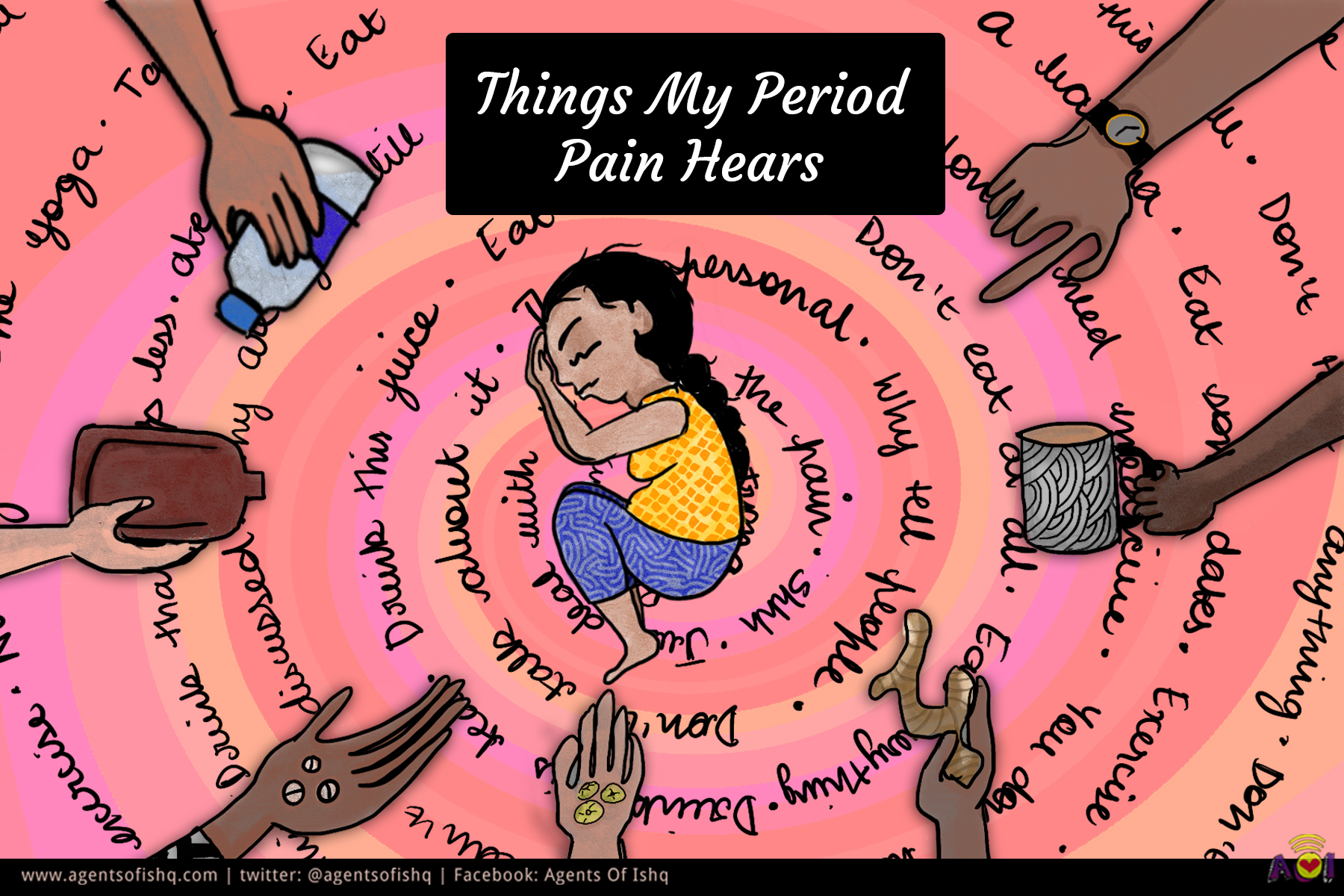 The year I finished school, my PMS symptoms began to get more varied – some were hilarious like when I cried for 20 minutes because my curtains were red in colour, and another time because my cupboard was messy and I couldn’t find what I was looking for. Others were, however, not quite amusing, like when I started getting menstrual migraines. Some days, the migraine was debilitating and chained me to the bed or pushed me into dark corners where I would sit and contemplate my entire existence. On other days, it was like a manageable, yet persistent feeling of discomfort that worsened around bright lights and loud laughter. Quite surprisingly though, my migraines seemed like an imaginary affliction to many people. “Are you sure it’s a migraine? It’s probably just tension headaches!” “Don’t be so dramatic, sitting in the dark and all. It’s just a headache.” “Just take a painkiller.” So, for a couple of years, I pretended to have an upset stomach or a flu to get out of social situations when a migraine attack was underway. Sometimes, I even felt like a fraud and wondered if I was in fact, imagining the pain and discomfort.The moment of redemption came when my fabulous English professor in college made us read Joan Didion’s essay “In Bed.” Every word of every sentence made sense, and I, once and for all knew I wasn’t imagining my migraine attacks. I started charting my attacks and noticed a pattern emerge: pounding pain always followed by a terrible mood, existential angst and on the worst of days, throwing up what sometimes felt like every piece of my insides into the toilet bowl. Bloating, sweats and nausea were the nicer cousins that migraines brought along. After a day or two of this hungama, bleeding and cramping would start. So, I met a kind gynaecologist in Bangalore who diagnosed it as mild PCOD. She asked me to continue taking Ibuprofen for the cramps and prescribed a tablet called Dart, which is a combination of three medicines: Paracetamol, Phenazone and Caffeine to soothe the migraine in the days preceding the period. It was a relief to just have this acknowledged and treated calmly, let’s say ‘normally.’
The year I finished school, my PMS symptoms began to get more varied – some were hilarious like when I cried for 20 minutes because my curtains were red in colour, and another time because my cupboard was messy and I couldn’t find what I was looking for. Others were, however, not quite amusing, like when I started getting menstrual migraines. Some days, the migraine was debilitating and chained me to the bed or pushed me into dark corners where I would sit and contemplate my entire existence. On other days, it was like a manageable, yet persistent feeling of discomfort that worsened around bright lights and loud laughter. Quite surprisingly though, my migraines seemed like an imaginary affliction to many people. “Are you sure it’s a migraine? It’s probably just tension headaches!” “Don’t be so dramatic, sitting in the dark and all. It’s just a headache.” “Just take a painkiller.” So, for a couple of years, I pretended to have an upset stomach or a flu to get out of social situations when a migraine attack was underway. Sometimes, I even felt like a fraud and wondered if I was in fact, imagining the pain and discomfort.The moment of redemption came when my fabulous English professor in college made us read Joan Didion’s essay “In Bed.” Every word of every sentence made sense, and I, once and for all knew I wasn’t imagining my migraine attacks. I started charting my attacks and noticed a pattern emerge: pounding pain always followed by a terrible mood, existential angst and on the worst of days, throwing up what sometimes felt like every piece of my insides into the toilet bowl. Bloating, sweats and nausea were the nicer cousins that migraines brought along. After a day or two of this hungama, bleeding and cramping would start. So, I met a kind gynaecologist in Bangalore who diagnosed it as mild PCOD. She asked me to continue taking Ibuprofen for the cramps and prescribed a tablet called Dart, which is a combination of three medicines: Paracetamol, Phenazone and Caffeine to soothe the migraine in the days preceding the period. It was a relief to just have this acknowledged and treated calmly, let’s say ‘normally.’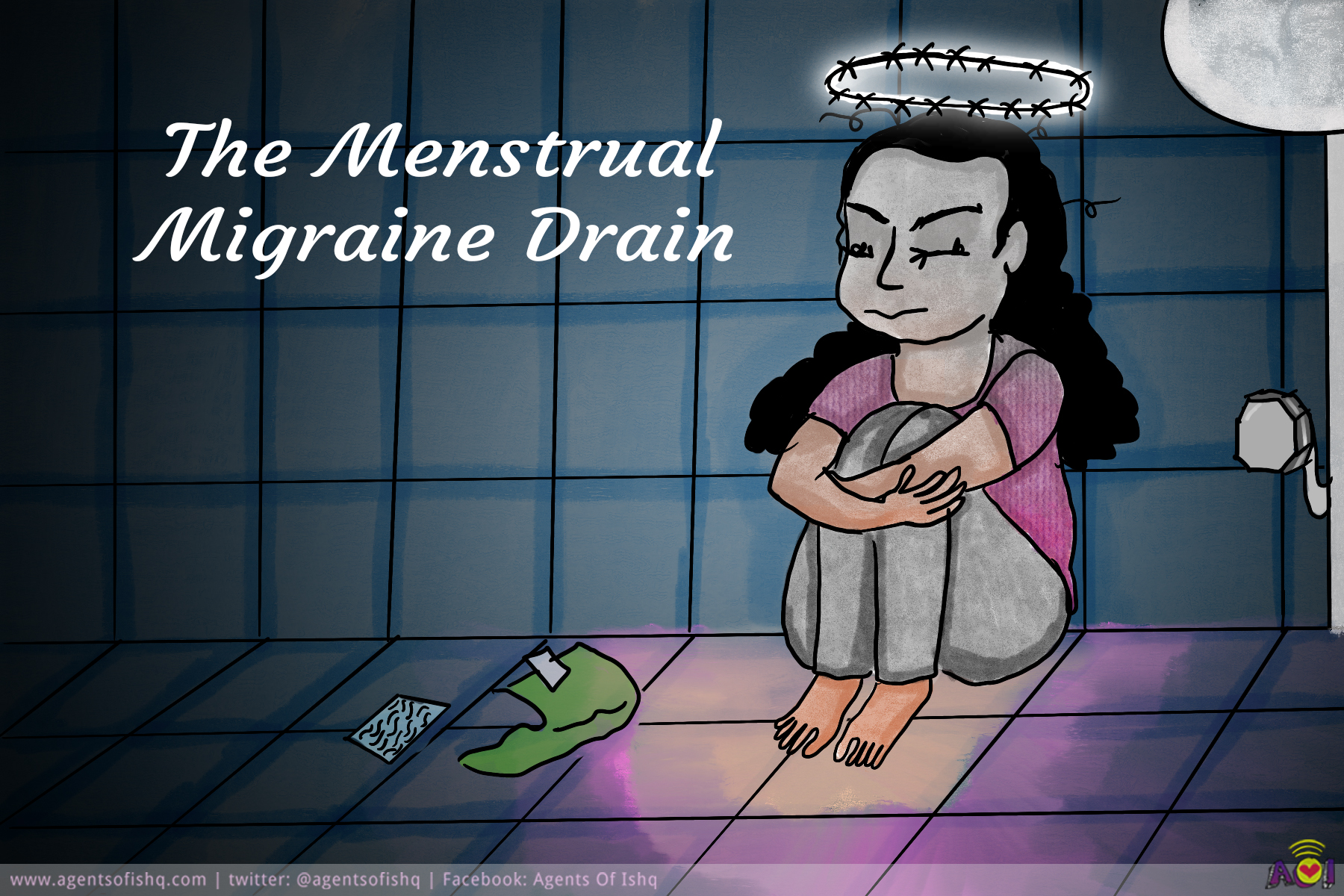 When Covid-19 hit and we were all stuck at home with relatives, my aunt and cousin sisters started talking about periods openly because with five women at home, somebody was on their period at any given time. Further, discussions on social media also saw women come together to share their period experiences. Amidst all this, I felt less alone in the debilitating world of period symptoms. However, after I started my master’s studies, I found myself feeling incredibly guilty for requesting sick leaves owing to migraines and cramps. The classes were online, and absenting myself from class due to cramps just didn’t feel like a good enough reason as getting a fracture or having a fever, or even having poor net connectivity would. Although I no longer felt the need to lie and pretend that it was some other illness, I still feared that all the sick leaves made me look incompetent and weak in comparison to others in the class who seemed to go about as usual, without even the slightest indication of being on their period. My fear was further reinforced when one of my friends recounted an instance of losing out on attendance and marks, after some teachers dismissed her requests for period leaves. So I apologized profusely in my emails to my teachers, as if it were my fault, and promised to catch up with lectures as soon as the symptoms passed. Was there another way? What would I want instead of having to ignore pain, bear it, quell it, repair it?Joan Didion concludes her essay by saying that she has made peace with having to live with migraines –“I no longer fight it. I lie down and let it happen...For when the pain recedes, ten or twelve hours later, everything goes with it, all the hidden resentments, all the vain anxieties...There is a pleasant convalescent euphoria. I open the windows and feel the air, eat gratefully, sleep well. I notice the particular nature of a flower in a glass on the stair landing. I count my blessings.” But I am not there yet. PMS is a bitch, and I still fight it in every way possible – I cry, take painkillers, rub ice cubes on the pounding side of the temple, eyes and face, and carry my hot water bottle everywhere I go. I imagine that I have more period years ahead of me to be able to greet migraines and cramps like an old friend, to lie down and let it happen.Angel Maria is a postgraduate student who buys books faster than she reads them. She occasionally blogs at brewingcauldron.wordpress.com
When Covid-19 hit and we were all stuck at home with relatives, my aunt and cousin sisters started talking about periods openly because with five women at home, somebody was on their period at any given time. Further, discussions on social media also saw women come together to share their period experiences. Amidst all this, I felt less alone in the debilitating world of period symptoms. However, after I started my master’s studies, I found myself feeling incredibly guilty for requesting sick leaves owing to migraines and cramps. The classes were online, and absenting myself from class due to cramps just didn’t feel like a good enough reason as getting a fracture or having a fever, or even having poor net connectivity would. Although I no longer felt the need to lie and pretend that it was some other illness, I still feared that all the sick leaves made me look incompetent and weak in comparison to others in the class who seemed to go about as usual, without even the slightest indication of being on their period. My fear was further reinforced when one of my friends recounted an instance of losing out on attendance and marks, after some teachers dismissed her requests for period leaves. So I apologized profusely in my emails to my teachers, as if it were my fault, and promised to catch up with lectures as soon as the symptoms passed. Was there another way? What would I want instead of having to ignore pain, bear it, quell it, repair it?Joan Didion concludes her essay by saying that she has made peace with having to live with migraines –“I no longer fight it. I lie down and let it happen...For when the pain recedes, ten or twelve hours later, everything goes with it, all the hidden resentments, all the vain anxieties...There is a pleasant convalescent euphoria. I open the windows and feel the air, eat gratefully, sleep well. I notice the particular nature of a flower in a glass on the stair landing. I count my blessings.” But I am not there yet. PMS is a bitch, and I still fight it in every way possible – I cry, take painkillers, rub ice cubes on the pounding side of the temple, eyes and face, and carry my hot water bottle everywhere I go. I imagine that I have more period years ahead of me to be able to greet migraines and cramps like an old friend, to lie down and let it happen.Angel Maria is a postgraduate student who buys books faster than she reads them. She occasionally blogs at brewingcauldron.wordpress.com
 The year I finished school, my PMS symptoms began to get more varied – some were hilarious like when I cried for 20 minutes because my curtains were red in colour, and another time because my cupboard was messy and I couldn’t find what I was looking for. Others were, however, not quite amusing, like when I started getting menstrual migraines. Some days, the migraine was debilitating and chained me to the bed or pushed me into dark corners where I would sit and contemplate my entire existence. On other days, it was like a manageable, yet persistent feeling of discomfort that worsened around bright lights and loud laughter. Quite surprisingly though, my migraines seemed like an imaginary affliction to many people. “Are you sure it’s a migraine? It’s probably just tension headaches!” “Don’t be so dramatic, sitting in the dark and all. It’s just a headache.” “Just take a painkiller.” So, for a couple of years, I pretended to have an upset stomach or a flu to get out of social situations when a migraine attack was underway. Sometimes, I even felt like a fraud and wondered if I was in fact, imagining the pain and discomfort.The moment of redemption came when my fabulous English professor in college made us read Joan Didion’s essay “In Bed.” Every word of every sentence made sense, and I, once and for all knew I wasn’t imagining my migraine attacks. I started charting my attacks and noticed a pattern emerge: pounding pain always followed by a terrible mood, existential angst and on the worst of days, throwing up what sometimes felt like every piece of my insides into the toilet bowl. Bloating, sweats and nausea were the nicer cousins that migraines brought along. After a day or two of this hungama, bleeding and cramping would start. So, I met a kind gynaecologist in Bangalore who diagnosed it as mild PCOD. She asked me to continue taking Ibuprofen for the cramps and prescribed a tablet called Dart, which is a combination of three medicines: Paracetamol, Phenazone and Caffeine to soothe the migraine in the days preceding the period. It was a relief to just have this acknowledged and treated calmly, let’s say ‘normally.’
The year I finished school, my PMS symptoms began to get more varied – some were hilarious like when I cried for 20 minutes because my curtains were red in colour, and another time because my cupboard was messy and I couldn’t find what I was looking for. Others were, however, not quite amusing, like when I started getting menstrual migraines. Some days, the migraine was debilitating and chained me to the bed or pushed me into dark corners where I would sit and contemplate my entire existence. On other days, it was like a manageable, yet persistent feeling of discomfort that worsened around bright lights and loud laughter. Quite surprisingly though, my migraines seemed like an imaginary affliction to many people. “Are you sure it’s a migraine? It’s probably just tension headaches!” “Don’t be so dramatic, sitting in the dark and all. It’s just a headache.” “Just take a painkiller.” So, for a couple of years, I pretended to have an upset stomach or a flu to get out of social situations when a migraine attack was underway. Sometimes, I even felt like a fraud and wondered if I was in fact, imagining the pain and discomfort.The moment of redemption came when my fabulous English professor in college made us read Joan Didion’s essay “In Bed.” Every word of every sentence made sense, and I, once and for all knew I wasn’t imagining my migraine attacks. I started charting my attacks and noticed a pattern emerge: pounding pain always followed by a terrible mood, existential angst and on the worst of days, throwing up what sometimes felt like every piece of my insides into the toilet bowl. Bloating, sweats and nausea were the nicer cousins that migraines brought along. After a day or two of this hungama, bleeding and cramping would start. So, I met a kind gynaecologist in Bangalore who diagnosed it as mild PCOD. She asked me to continue taking Ibuprofen for the cramps and prescribed a tablet called Dart, which is a combination of three medicines: Paracetamol, Phenazone and Caffeine to soothe the migraine in the days preceding the period. It was a relief to just have this acknowledged and treated calmly, let’s say ‘normally.’ When Covid-19 hit and we were all stuck at home with relatives, my aunt and cousin sisters started talking about periods openly because with five women at home, somebody was on their period at any given time. Further, discussions on social media also saw women come together to share their period experiences. Amidst all this, I felt less alone in the debilitating world of period symptoms. However, after I started my master’s studies, I found myself feeling incredibly guilty for requesting sick leaves owing to migraines and cramps. The classes were online, and absenting myself from class due to cramps just didn’t feel like a good enough reason as getting a fracture or having a fever, or even having poor net connectivity would. Although I no longer felt the need to lie and pretend that it was some other illness, I still feared that all the sick leaves made me look incompetent and weak in comparison to others in the class who seemed to go about as usual, without even the slightest indication of being on their period. My fear was further reinforced when one of my friends recounted an instance of losing out on attendance and marks, after some teachers dismissed her requests for period leaves. So I apologized profusely in my emails to my teachers, as if it were my fault, and promised to catch up with lectures as soon as the symptoms passed. Was there another way? What would I want instead of having to ignore pain, bear it, quell it, repair it?Joan Didion concludes her essay by saying that she has made peace with having to live with migraines –“I no longer fight it. I lie down and let it happen...For when the pain recedes, ten or twelve hours later, everything goes with it, all the hidden resentments, all the vain anxieties...There is a pleasant convalescent euphoria. I open the windows and feel the air, eat gratefully, sleep well. I notice the particular nature of a flower in a glass on the stair landing. I count my blessings.” But I am not there yet. PMS is a bitch, and I still fight it in every way possible – I cry, take painkillers, rub ice cubes on the pounding side of the temple, eyes and face, and carry my hot water bottle everywhere I go. I imagine that I have more period years ahead of me to be able to greet migraines and cramps like an old friend, to lie down and let it happen.Angel Maria is a postgraduate student who buys books faster than she reads them. She occasionally blogs at brewingcauldron.wordpress.com
When Covid-19 hit and we were all stuck at home with relatives, my aunt and cousin sisters started talking about periods openly because with five women at home, somebody was on their period at any given time. Further, discussions on social media also saw women come together to share their period experiences. Amidst all this, I felt less alone in the debilitating world of period symptoms. However, after I started my master’s studies, I found myself feeling incredibly guilty for requesting sick leaves owing to migraines and cramps. The classes were online, and absenting myself from class due to cramps just didn’t feel like a good enough reason as getting a fracture or having a fever, or even having poor net connectivity would. Although I no longer felt the need to lie and pretend that it was some other illness, I still feared that all the sick leaves made me look incompetent and weak in comparison to others in the class who seemed to go about as usual, without even the slightest indication of being on their period. My fear was further reinforced when one of my friends recounted an instance of losing out on attendance and marks, after some teachers dismissed her requests for period leaves. So I apologized profusely in my emails to my teachers, as if it were my fault, and promised to catch up with lectures as soon as the symptoms passed. Was there another way? What would I want instead of having to ignore pain, bear it, quell it, repair it?Joan Didion concludes her essay by saying that she has made peace with having to live with migraines –“I no longer fight it. I lie down and let it happen...For when the pain recedes, ten or twelve hours later, everything goes with it, all the hidden resentments, all the vain anxieties...There is a pleasant convalescent euphoria. I open the windows and feel the air, eat gratefully, sleep well. I notice the particular nature of a flower in a glass on the stair landing. I count my blessings.” But I am not there yet. PMS is a bitch, and I still fight it in every way possible – I cry, take painkillers, rub ice cubes on the pounding side of the temple, eyes and face, and carry my hot water bottle everywhere I go. I imagine that I have more period years ahead of me to be able to greet migraines and cramps like an old friend, to lie down and let it happen.Angel Maria is a postgraduate student who buys books faster than she reads them. She occasionally blogs at brewingcauldron.wordpress.com

